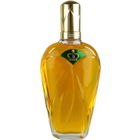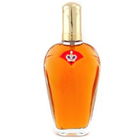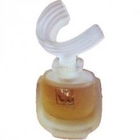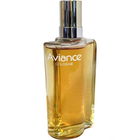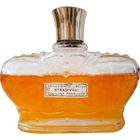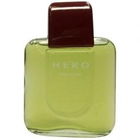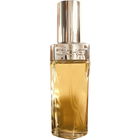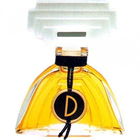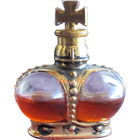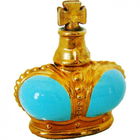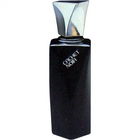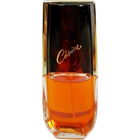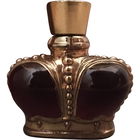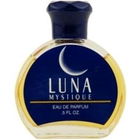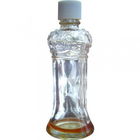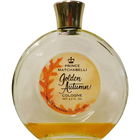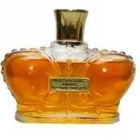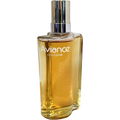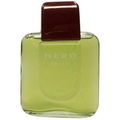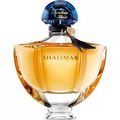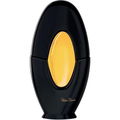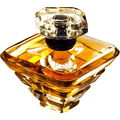11/11/2025
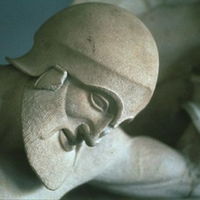
Krmarich
230 Reviews

Krmarich
1
My first lesson in perfume.
I was 7 years old when my mother introduced me to Cachet. She really rocked this lost classic. She was a big fan of the house since she was a child. She told me stories of her childhood in Detroit in the 1930s riding the trolley car downtown to sample the mysterious and beautiful crown bottles at the luxurious department stores. She wore Windsong, Golden Autumn and Potpourri.
When Cachet was launched, the house was modernized, and no more crown bottles were used. The sleek metallic style was the "mod look" as she referred to it. She explained the campaign about individuality on each wearer's chemistry. I thought this was impossible at the time. She claimed that Windsong did the same thing. She then sampled this on my skin and had me compare it to hers. Indeed, the scent was different on each of us.
Right out of the bottle it is very austere. Galbanum, musk, oakmoss and hidden florals. Oh, this is hot stuff as soon as it gets on your skin. It morphs into whatever it wants to at a molecular level. This was really revolutionary for 1970! Even today, when everything smells the same on everyone. Cachet captured the moment forever. I feel it was a relaunch of an earlier formula from decades ago. Prince George Matchabelli was the original master chemist "nose" who could not be matched other than maybe Jaques Guerlain or Ernest Beaux. This is masterclass art of perfumery.
When Cachet was launched, the house was modernized, and no more crown bottles were used. The sleek metallic style was the "mod look" as she referred to it. She explained the campaign about individuality on each wearer's chemistry. I thought this was impossible at the time. She claimed that Windsong did the same thing. She then sampled this on my skin and had me compare it to hers. Indeed, the scent was different on each of us.
Right out of the bottle it is very austere. Galbanum, musk, oakmoss and hidden florals. Oh, this is hot stuff as soon as it gets on your skin. It morphs into whatever it wants to at a molecular level. This was really revolutionary for 1970! Even today, when everything smells the same on everyone. Cachet captured the moment forever. I feel it was a relaunch of an earlier formula from decades ago. Prince George Matchabelli was the original master chemist "nose" who could not be matched other than maybe Jaques Guerlain or Ernest Beaux. This is masterclass art of perfumery.







 Top Notes
Top Notes  Aldehydes
Aldehydes Galbanum
Galbanum Grass
Grass Spices
Spices Heart Notes
Heart Notes  Jasmine
Jasmine Orris root
Orris root Patchouli
Patchouli Rose
Rose Vetiver
Vetiver Base Notes
Base Notes  Ambergris
Ambergris Civet
Civet Leather
Leather Musk
Musk Oakmoss
Oakmoss










 Briarthorn
Briarthorn Yatagan
Yatagan Serenissima
Serenissima Minigolf
Minigolf Leona
Leona Seerose
Seerose